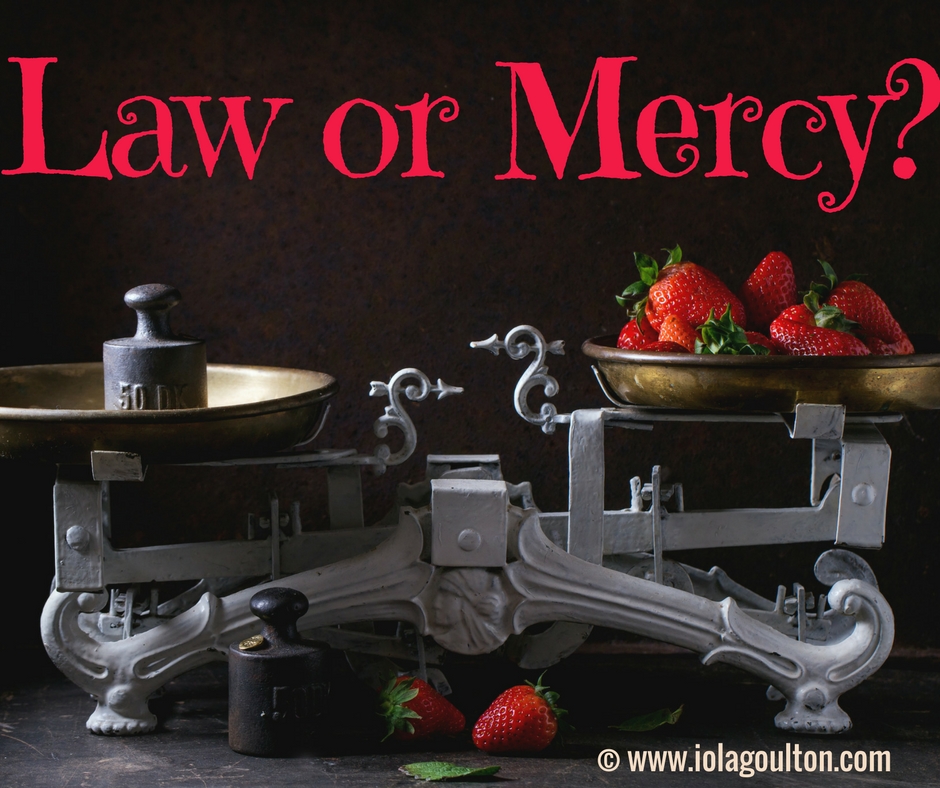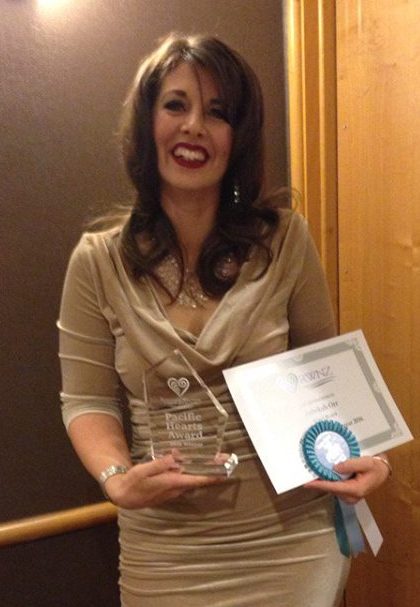Today I have a guest post from Canadian Romantic Suspense author, Darlene L Turner. And she has a giveaway—one ebook copy of her latest release, Abducted in Alaska. Welcome, Darlene!
Early morning is my favourite time, especially during the warmer months. I love to sit outside on my patio listening to the cardinals sing during the summer. I enjoy smelling the freshness in the air, and marvelling in the creation of the brilliant heavenly blue morning glories climbing my fence. It’s almost like they smile at me with their huge faces. I smile back.

When I look at them, I see one thing. Joy.
But joy wasn’t always there. Many mornings I didn’t feel like smiling. Inside, I was wilting like a flower without water. Happiness was zapped out of me after my first husband left me. I had wondered if I would ever get it back.
Anger crept in and took me to a place of bitterness. I was mad at him for leaving, and yes, even at God for allowing it to happen. But did I stay there?
No, I couldn’t.
I knew even though God allowed this journey to happen in my life, He knew the bigger picture. He wanted me to trust, so I slowly left my anger at the foot of the cross. I began to choose joy and forgiveness.
Did it happen easily? Of course not. It was a difficult journey. A few steps forward, many steps back. I worked through the anger, confusion, and defeat with the help of a counsellor, family, friends, and many prayers. I chose to forgiveness because I did not want the bitterness to consume my life. No one likes to be around someone filled with resentment. We avoid it at all costs. And doesn’t God command us to forgive? Yes, seventy times seven.
In Abducted in Alaska, Layke struggles with forgiving his mother for the years of abuse he suffered by her hand. This causes him trust issues and he holds back in any of his relationships. Throughout the book he has to deal with this in order to move on. Will he? You’ll have to read the book to find out!
However, in my story after months had subsided, I met with my spouse to sign the divorce papers. I felt surprisingly calm. The bitterness was gone and I knew it was time to move on. So I did.
Joy came in the morning, and brought back my smile.
Bitterness can consume our lives so easily. We must learn to recognize it, forgive, and then move on. When we do, God will give us a peace and help us to find joy again.
Question for giveaway: Share a book on forgiveness that has helped you (fiction or non-fiction).
Prize
Answer the question above in the comments below and one random commenter will win an e-book copy of Abducted in Alaska!
Comment on the question before 11:59pm New Zealand Time on 3 March 2021 and you’re automatically entered into the contest.
Prize is open internationally. Here’s how it works. The number of entries are input into a Random Sequence Generator (i.e. 1 through 20). After Darlene clicks the Generate button, whoever’s number corresponds with the number the random generator generates wins!
Note: If the winner is Canadian, they will be required to answer a skill-testing question before being awarded the prize.
Psalm 30:11-12 (The Message)
You did it: you changed wild lament into whirling dance;
You ripped off my black mourning band and decked me with wildflowers.
I’m about to burst with song; I can’t keep quiet about you.
God, my God, I can’t thank you enough.
About Darlene L Turner

Darlene L. Turner’s love of suspense began when she read her first Nancy Drew book. She’s turned that passion into her writing and believes readers will be captured by her plots, inspired by her strong characters, and moved by her inspirational message.
Darlene won the Daphne du Maurier Award for Excellence in Mystery/Suspense twice and an ACFW Genesis award. She’s represented by Tamela Hancock Murray of the Steve Laube Agency. Her debut book, Border Breach, released in April, 2020 with Love Inspired Suspense. She has two books releasing in 2021: Abducted in Alaska (March) and Lethal Cover-Up (August).
Darlene met her husband Jeff at the turtle races in Ontario, Canada. She loves flavored coffee and plaid shirts. You can connect with Darlene at www.darlenelturner.com where there’s suspense beyond borders.
Find Darlene L Turner online at:
Website | BookBub | Facebook | Instagram |LinkedIn | Pinterest | Twitter













